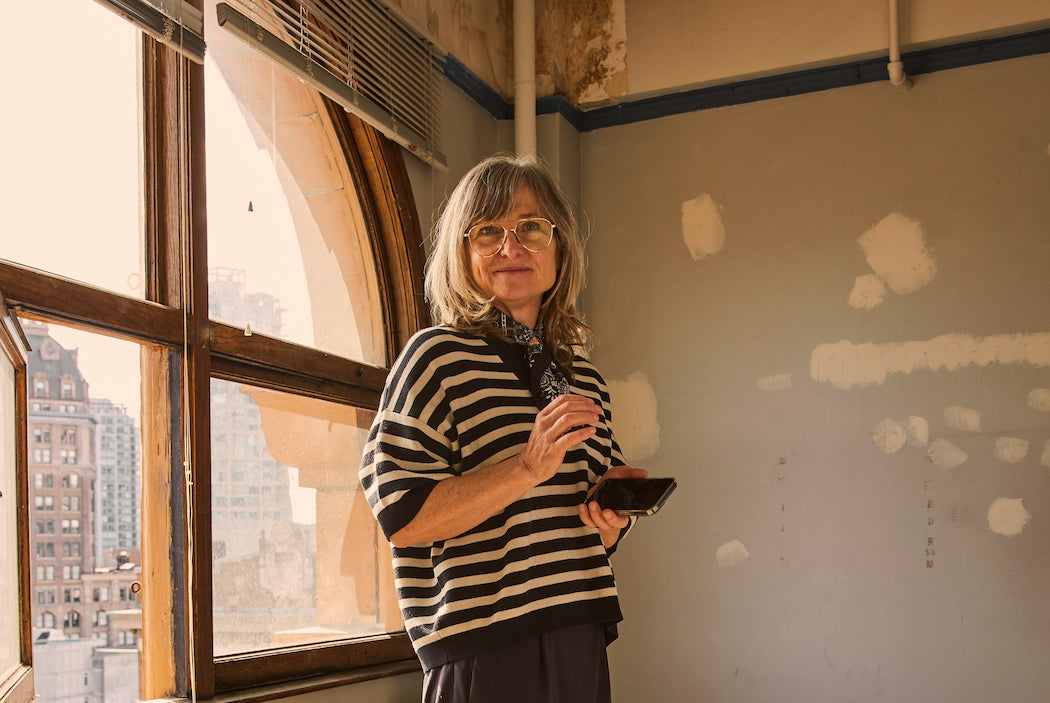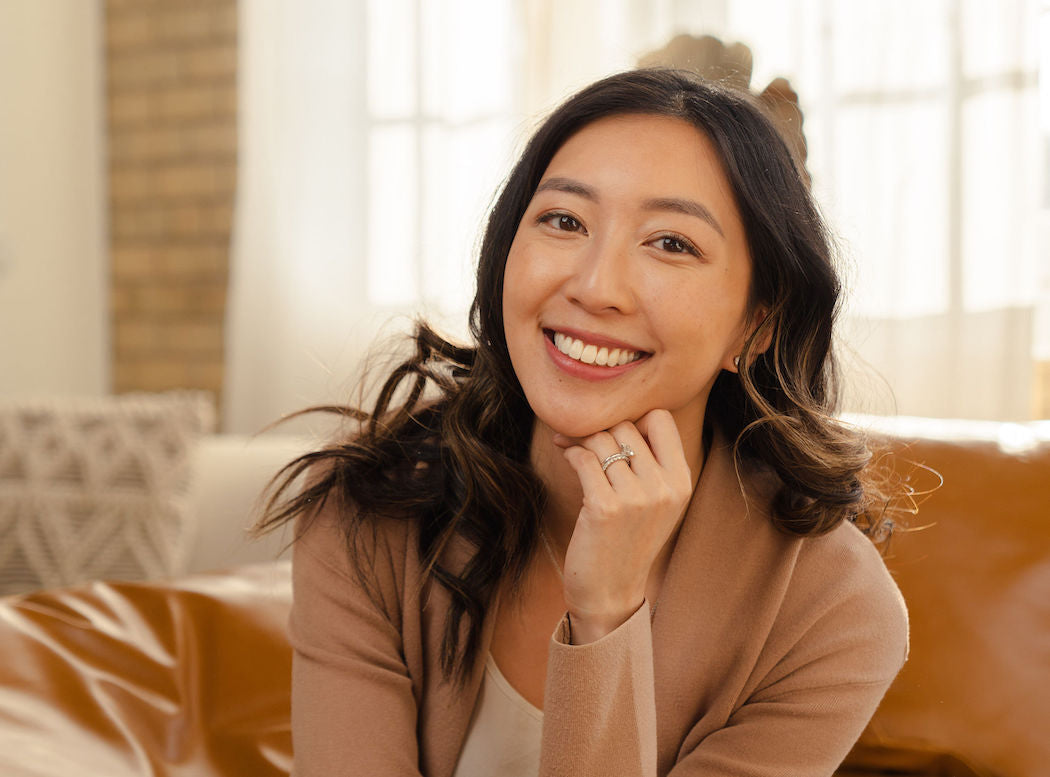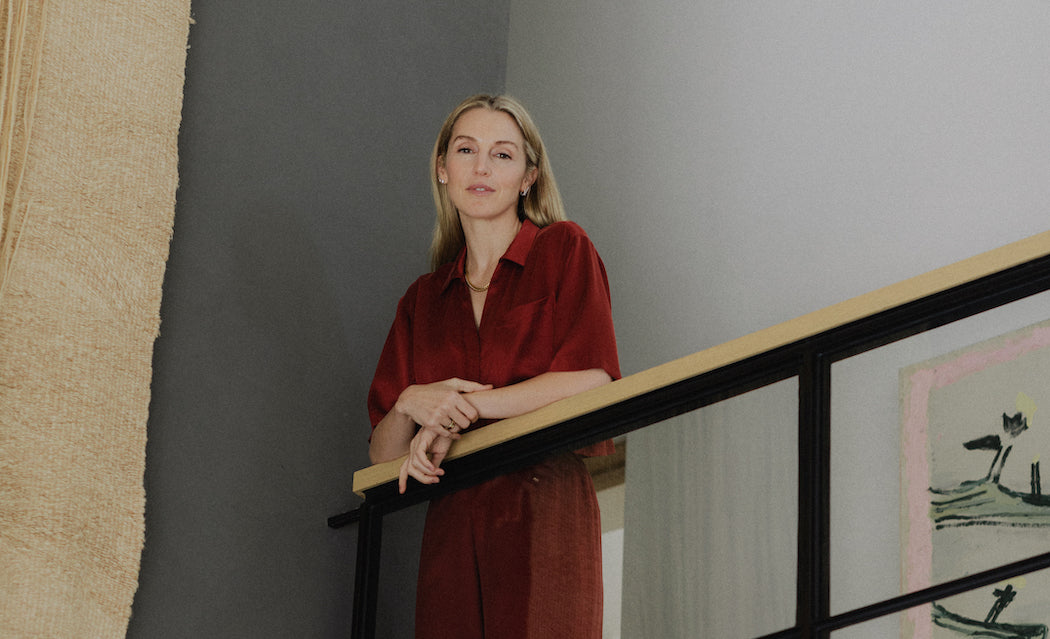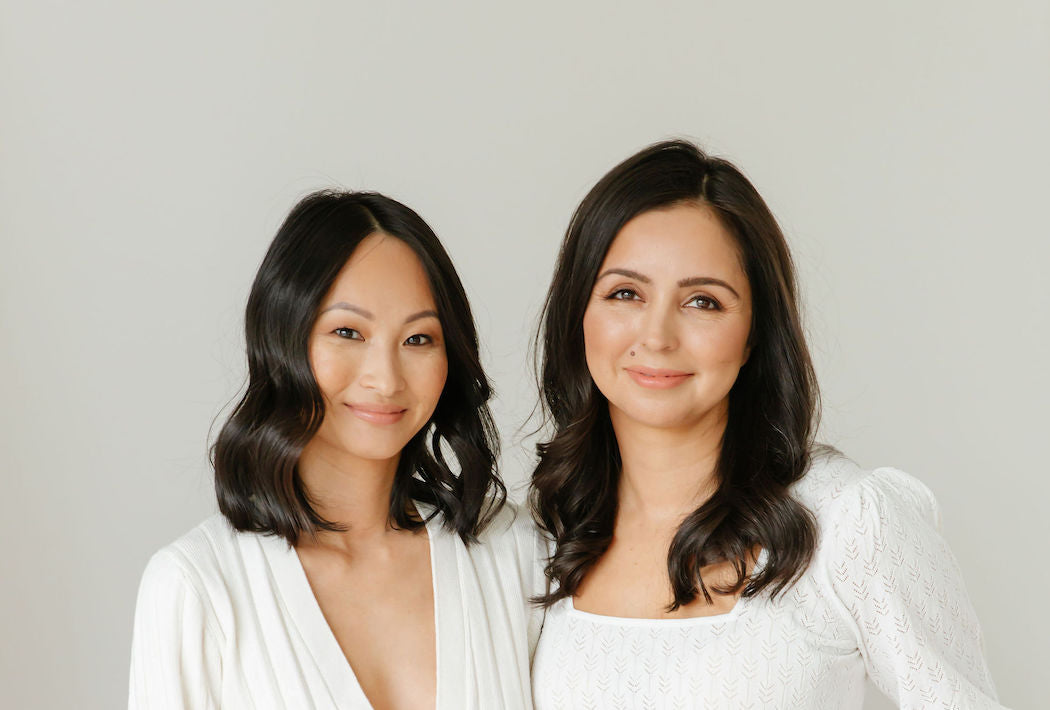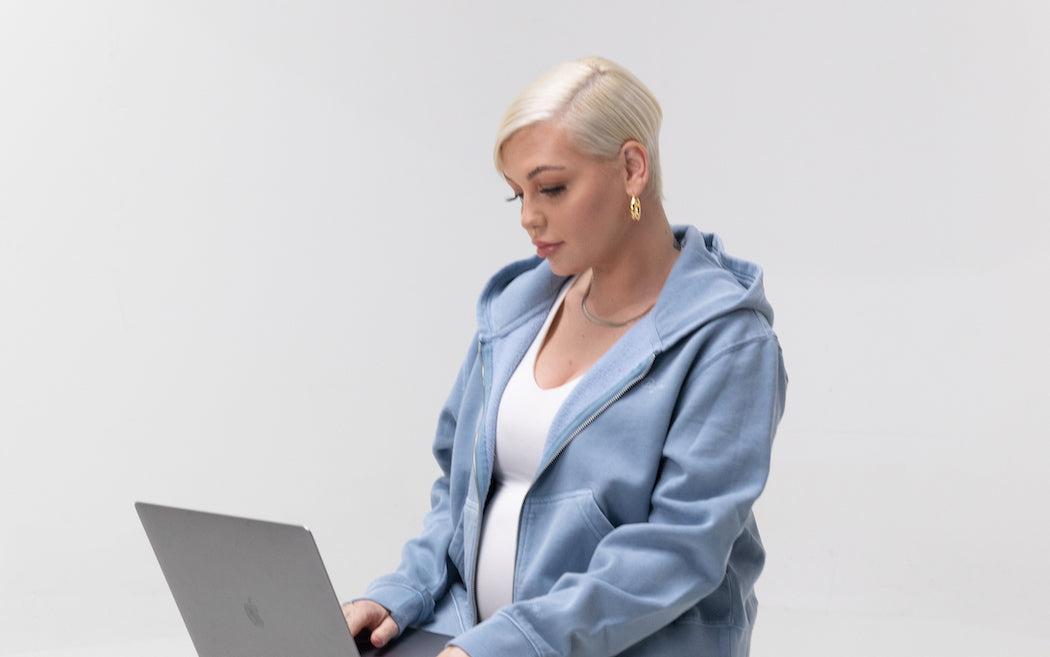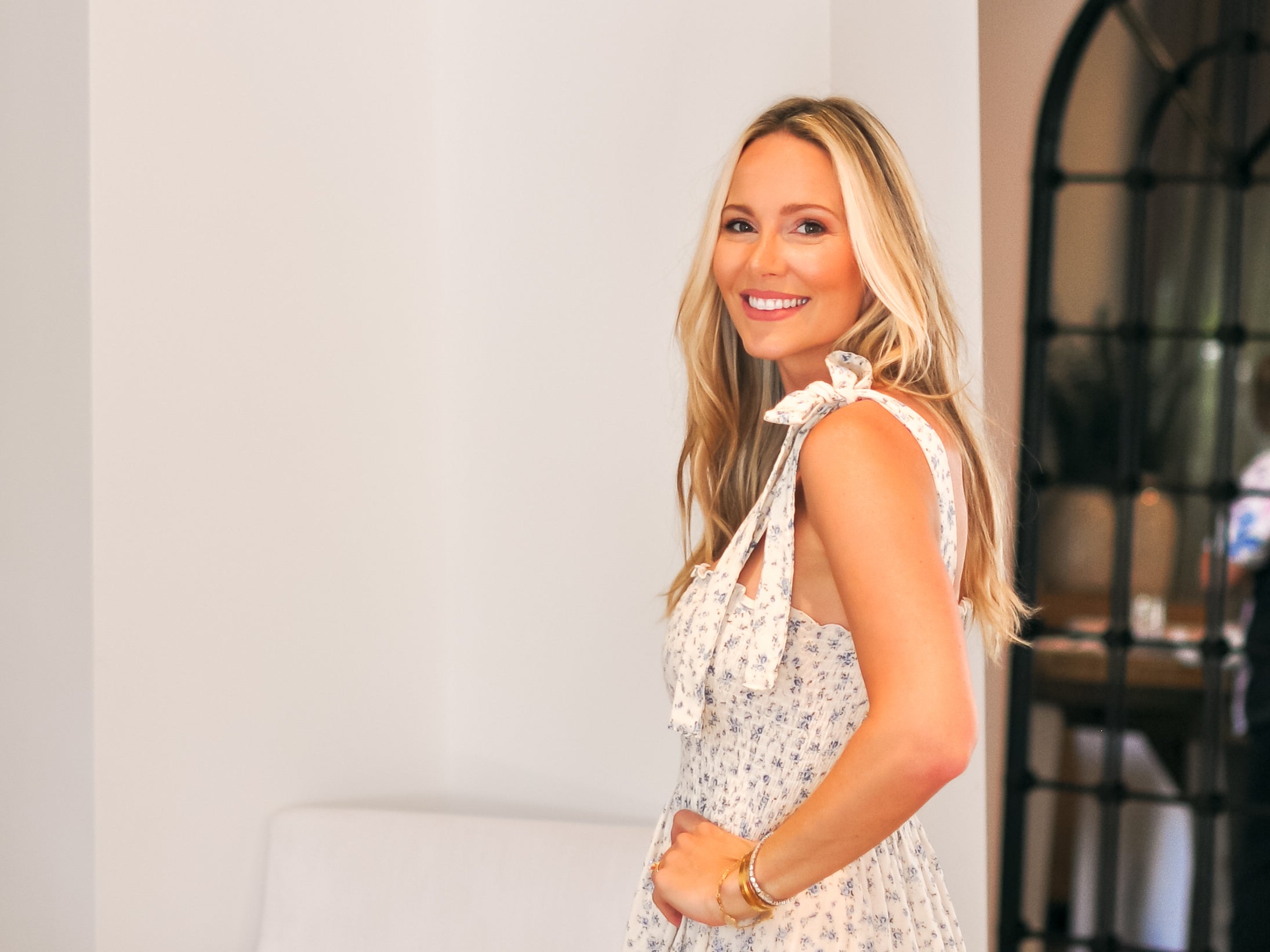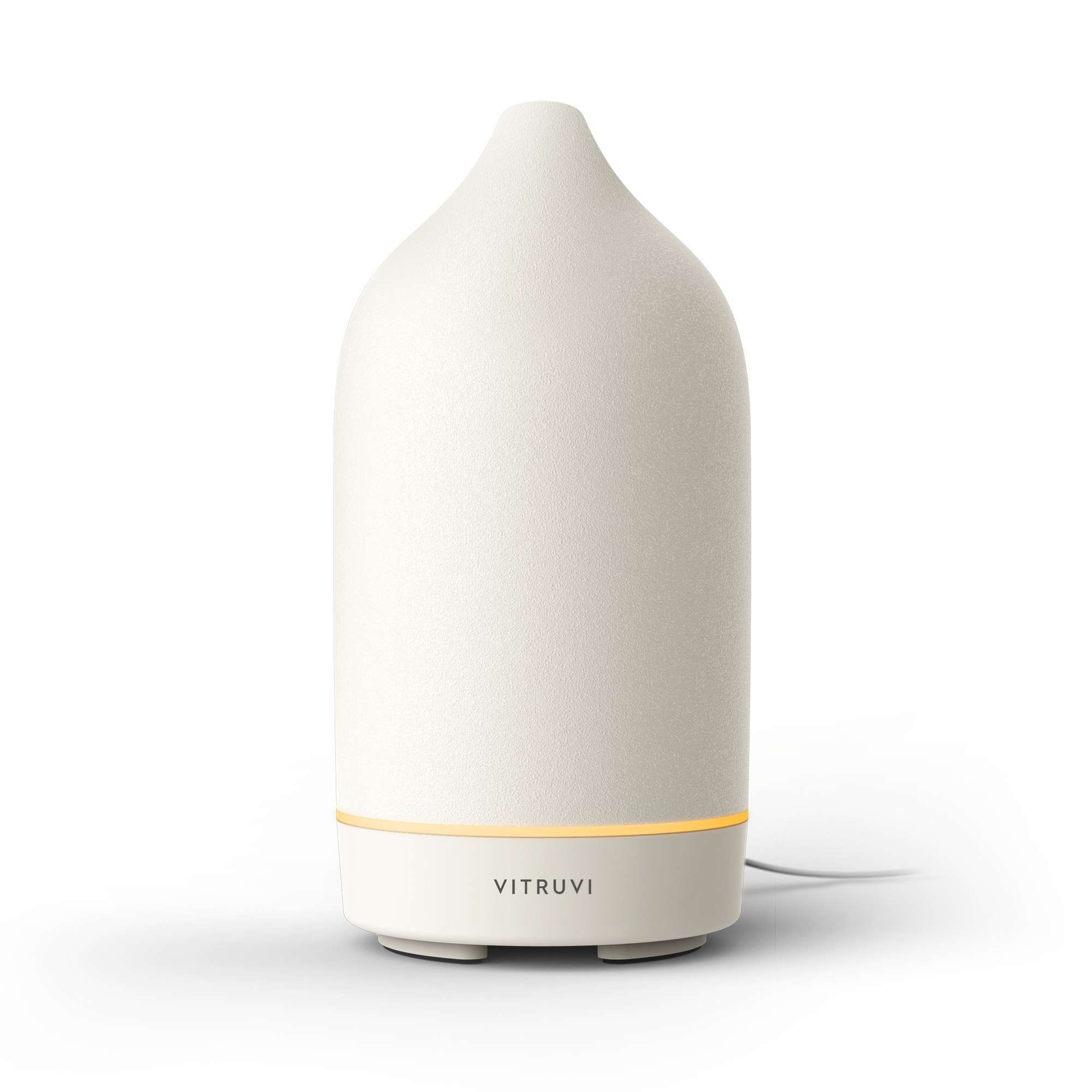“When you have kids you’ll understand.”
There I was, on the receiving end of that comment, ripped from my sense of worth. I wondered about the person who said this to me. Did she see me as an equal? Was I less of a woman than her?
Other friends had told me about this; colloquially we call it The Comment. It is usually a well-intentioned sentence that drifts out of one person’s mouth and lands like an ice bath on another’s soul. Sometimes it is in the form of a question. “Do you want children?” “You don’t have kids yet, do you?” Other times it’s an accusation. “You’re taking your time.” However it comes, it presents an imaginary box: inside are the mothers. Outside—where I am—are the others. There we land, coupled into two neat groups that the world can grasp.
For women who do not have children, The Comment can be a visceral wall against which we emotionally break ourselves. The intention from the person saying it is often one of innocuity, but what ensues can be sadness or confusion. It can lead us to feel that we need to have absolute conviction around our decisions in order to be accepted. As a dear friend once said to me: to have or not have children becomes the single most defining element by which society judges us.
But this is heartbreaking, because this part of our lives cannot be summed up in a simple response. Having or not having children is one of the most personal (if not the most personal) paths a woman will walk down—and it is a winding, meandering one. To decide not to have children is rarely a binary conviction, a full yes or no. It is a quagmire; a tornado of doubt, truth, freedom, longing, happiness, sadness, relief, worry, knowing, and unknowing. And for many, to have or not have children is not even a choice she gets to make.
I think about this a lot. And every year, it becomes more confusing. Conditioned to think I should know what I want by a certain age, I grew into my womanhood unsure about the decision. I thought the answer would come into focus if I met someone with whom I wanted to build a life. I have met my partner, and that has made my decision—our decision—to not have children even harder.
Because in truth, I love kids. I daydream about holding a baby of my own. I long to be a mother. But as I swim in these conflicting waters, the childless tide always pulls me in more strongly. As an able-bodied cis woman, I have had the utmost privilege to be able to make and own this decision this far in my life—but at times, I still feel a deep sense of confusion. And if I continue to experience this, I know that countless others must be treading their own rapid currents of confliction, too.
Which brings me back to The Comment. A seemingly simple query can be so jarring because the answer it seeks does not allow for the kaleidoscope of truth. Nor does it honor a person’s true experience and situation and rainbow of emotions. What The Comment does is perpetuate the continued gendered expectations that people should continue to fulfill certain ideals.
Today and beyond, I propose that we crack open this conversation and allow more freedom and fluidity. For one, let’s explore the in-between—that women and all individuals may not have a neat answer to the children question. They may not want to give an answer at all—and that is okay. In fact, that is beautiful.
Let’s also traverse new ground when it comes to motherhood. Just because many women may not have children, by choice or otherwise, doesn’t mean they don’t want to nurture their maternal instincts. Being a mother is one of the most beautiful and important roles there is, to be sure—but I believe it doesn’t have to be exclusive. Rather, it can be inviting to whomever wants to take part in some form—however that may look. Perhaps we can open up the world to those who want to nurture and care. Who want to bathe others in a maternal warmth. Who want to be mothers, even if they do not have children in a classical sense.
Most often, The Comment is the law of a land that has been restricted by binary boundaries. Before asking it, how about we try to envision the other person for who and what they are: a whirlwind of beauty, colors, and unanswered questions. Then let us envision a more inclusive way of broaching the subject of children, if it even needs to be broached at all.
Let’s all take a pause to let the warm, thoughtful, maternal energy of all self-identifying women come through before we place others in a box. Children or not, motherhood or not, or somewhere in between, we’re all navigating our own confusing, beautiful existences the best we can.


